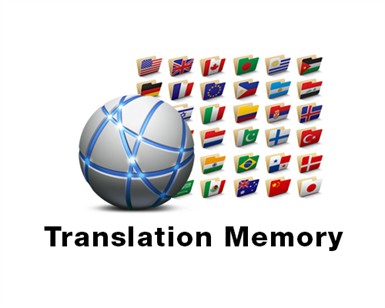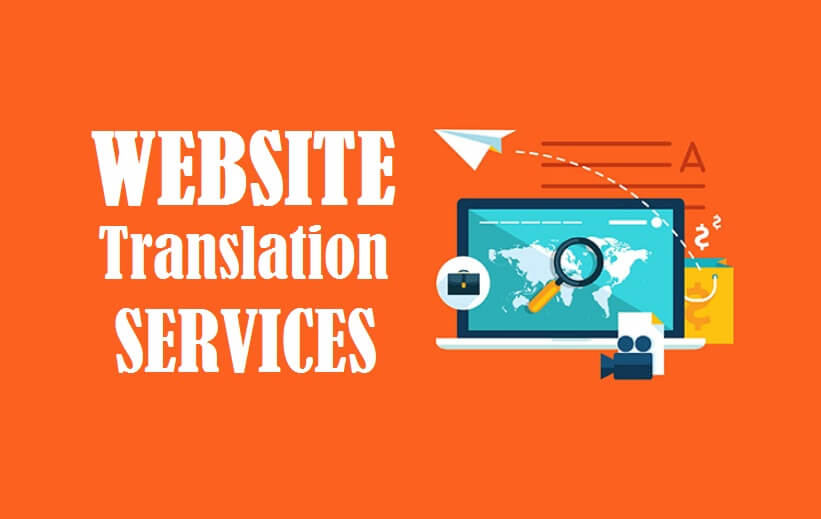What are translation Memory Tools?
Translation memory tools use the basic principle of the translation memory. As the name suggests, it is a kind of memory or stored data of previous translations of a piece of work. These are databases of translations of parts of paragraphs, sentences, or phrases. Translators can create their own translation memory databases or use existing ones according to their needs. The translation memory manager is the name of one such tool that provides translation memory. It is basically field or genre-specific. TM is the abbreviation of the term.
What is Machine translation?
Machine translation is kind of a dictionary on the other hand. The software substitutes words in the source language to the target language. One of the most common examples of Machine translation software is Google translate. It is the most accessible machine translation software present in the world. The software uses two types of approaches to translate a word or a sentence. The first approach uses the direct translation of words to the target language using the target language words of the same meaning stored in the software. The second approach uses a two-step process. Here, the software uses a third global language which acts as a medium. It translates the source language text to the media language and then translates the media language text into the target language. This media language is very often English as it is a global language.
Pros of translation memory tools
Tools such as TM managers save the time of translators as there is no need to translate a sentence or a paragraph part. Also, TM tools save money in the long run as translators can use the stored translations in consequent projects. It is genre-specific and hence, it creates a better final result in the case of projects of the same type. It is beneficial for the translation of technical manuals and guides.
Cons of translation memory tools
Translation memory tools are not quite suitable for all kinds of projects. Also, if the TM has an incorrect translation, the incorrect translation will be present in future projects. Hence, the error will pass on. The creation of a TM manager takes time. It is not something that a translator creates with just one go. A translator creates a TM database over some period of time.
Pros of machine translation
Machine translation is not genre-specific. Hence, people can use it for any project. It is very fast. It saves a lot of time as well as money.
Cons of machine translation
Human intervention is necessary. Otherwise, the resulting translations will have a lot of errors. It does not provide the essence of a message in the desired way. It is not culture-specific.
Hence, translating documents containing elements common to a specific culture will create disastrous results. After going through all the points, we can safely say that Machine translation is a better option if saving time and money is the only objective.
But translation memory tools are a better option if the quality of a project is the main concern and it is also beneficial for long-term efficiency and time-saving. If a person has any doubts regarding the translational output of a project, he/she should discuss it with a reputable translation agency for details. We at VerboLabs provide translation and localization services with the best quality, the best rates as well as the best turnaround time. Feel free to contact us for any kind of translation services and browse our blogs sections to read about more interesting content.



